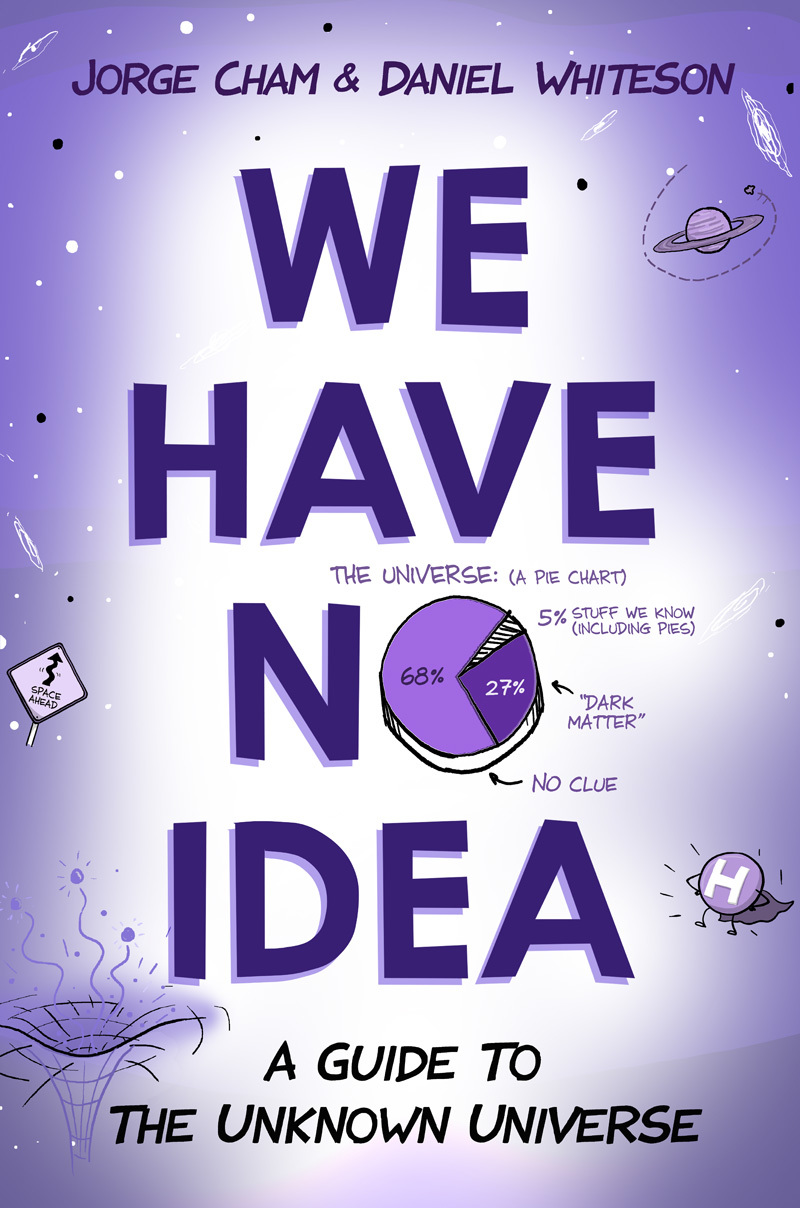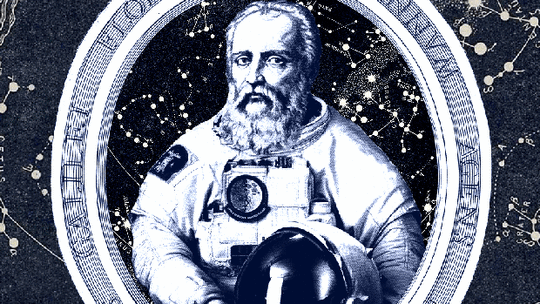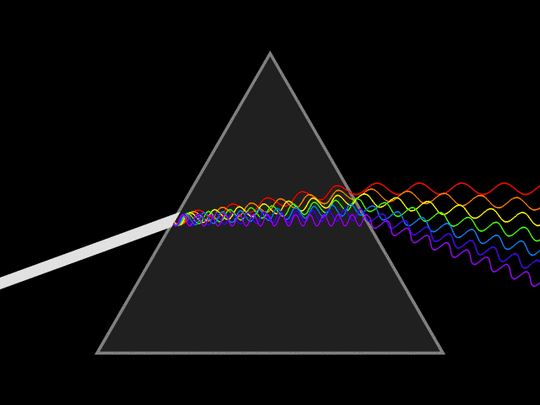What do you think?
Rate this book


354 pages, Hardcover
First published May 9, 2017

• Why does the universe have a speed limit?
• Why aren't we all made of antimatter?
• What (or who) is attacking the Earth with tiny, superfast particles?
• What is dark matter, and why does it keep ignoring us?
• It's weird because the mass of something is not just the mass of the stuff inside it. Mass also includes the energy that binds the stuff together. And we don't know why that is.
• It's weird because mass is actually like a label or a charge (it's not really “stuff”), and we don't know why some particles have it (or feel the Higgs field) and others don't.
• And it's weird because mass is exactly the same whether you measure it via inertia or gravity. And we don't know why that is either!

